Is Religious Bias Driving Prophecies About Ghana’s Upcoming Election? | Features
[ad_1]
Ghana is a nation deeply rooted in religious diversity, with both Christians and Muslims making up significant portions of the population. Despite this, when it comes to leadership at the highest levels, the idea of a Muslim president still seems to face significant resistance, particularly from some Christian leaders. This raises an important question: why are so many pastors in Ghana opposed to the idea of a Muslim president? Could it be because they see Ghana as a “Christian country,” a nation that belongs exclusively to Christians?
Several pastors in Ghana have come forward with predictions that former President John Mahama will win the upcoming December 7th election. Notable names include Prophet Ebenezer Adarkwa Yiadom (Opambour), Prophet Nigel Gaisie, Prophet Emmanuel Badu Kobi, and Prophet Bernard Elbernard Nelson-Eshun, who recently predicted on his Facebook page. Even Prophet Isaac Owusu-Bempah, who once claimed that John Mahama could never become president again, has switched his prophecy to predict Mahama’s victory in the coming election.
These prophecies raise serious concerns about the intersection of religion and politics in Ghana. It’s vital to remember that Ghana is not a theocracy; it is a secular state, where governance should not be swayed by religious affiliations. Despite this, some pastors seem determined to insert their religious convictions into the political process, using their influence to predict political outcomes based on what they claim to be divine revelation.
I believe this trend could be a reflection of a deeper issue—an inherent bias against a Muslim leader. Would these same pastors be proclaiming visions of John Mahama’s victory if his main competitor, Dr. Mahamudu Bawumia, were also a Christian? If Bawumia were Christian, would there be such a wave of prophecies predicting a win for Mahama, or is it possible that these religious leaders feel uneasy about the prospect of a Muslim becoming president?
It is essential to point out that Ghana’s constitution guarantees freedom of religion and the right for every citizen, regardless of their faith, to hold public office. The president, whether Christian, Muslim, or otherwise, is bound by the constitution to serve all Ghanaians, not just those who share their religious beliefs. Therefore, it is perplexing to see certain religious leaders seemingly opposing the idea of a Muslim leader while casting their “prophetic” support behind a Christian candidate.
One of the key roles of religious leaders is to promote peace, unity, and fairness. When pastors begin making politically charged predictions, it risks polarizing the nation along religious lines. This is especially problematic in a country as religiously diverse as Ghana, where religious harmony has long been a source of national pride. Predicting election outcomes under the guise of divine prophecy undermines democratic processes, which are designed to be decided by voters, not spiritual visions.
At the end of the day, what should truly matter when electing a president are qualities like competence, vision, and integrity, not their religious affiliation. Ghana deserves a leader who is capable of steering the country forward and addressing its most pressing challenges. After all, we have already seen John Mahama’s governance, and many Ghanaians were displeased, which is why he was not granted a second term then.
In conclusion, I believe these pastors should reconsider their public prophecies about political outcomes. There’s a fine line between expressing one’s faith and using that faith to unduly influence public opinion. In a secular democracy like Ghana, religious leaders should be advocates for peace, inclusivity, and respect for all people, regardless of their religious beliefs. As the election approaches, let us remember that Ghana belongs to all of us—Christians, Muslims, and people of other faiths alike. Let’s choose our leaders based on their ability to serve all Ghanaians, not on religious biases disguised as prophecy.
Source: Maame Adwoa Anima, [email protected] (X handle, Italk_gh)
| Disclaimer: Opinions expressed here are those of the writers and do not reflect those of Peacefmonline.com. Peacefmonline.com accepts no responsibility legal or otherwise for their accuracy of content. Please report any inappropriate content to us, and we will evaluate it as a matter of priority. |
Featured Video
[ad_2]
Source link

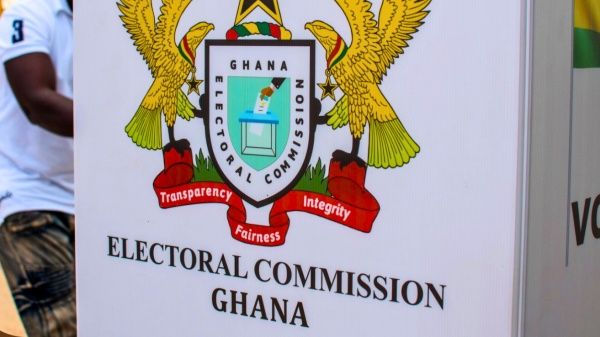





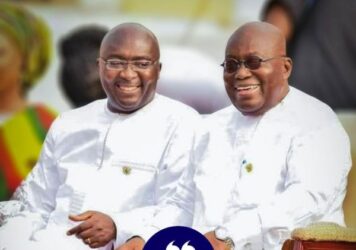
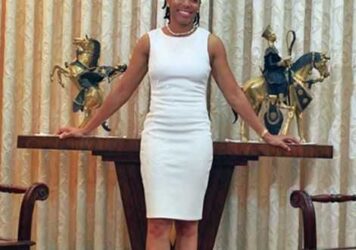
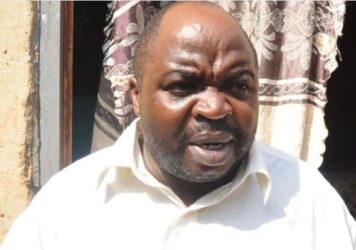
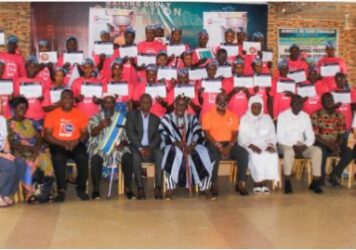


Leave a Reply